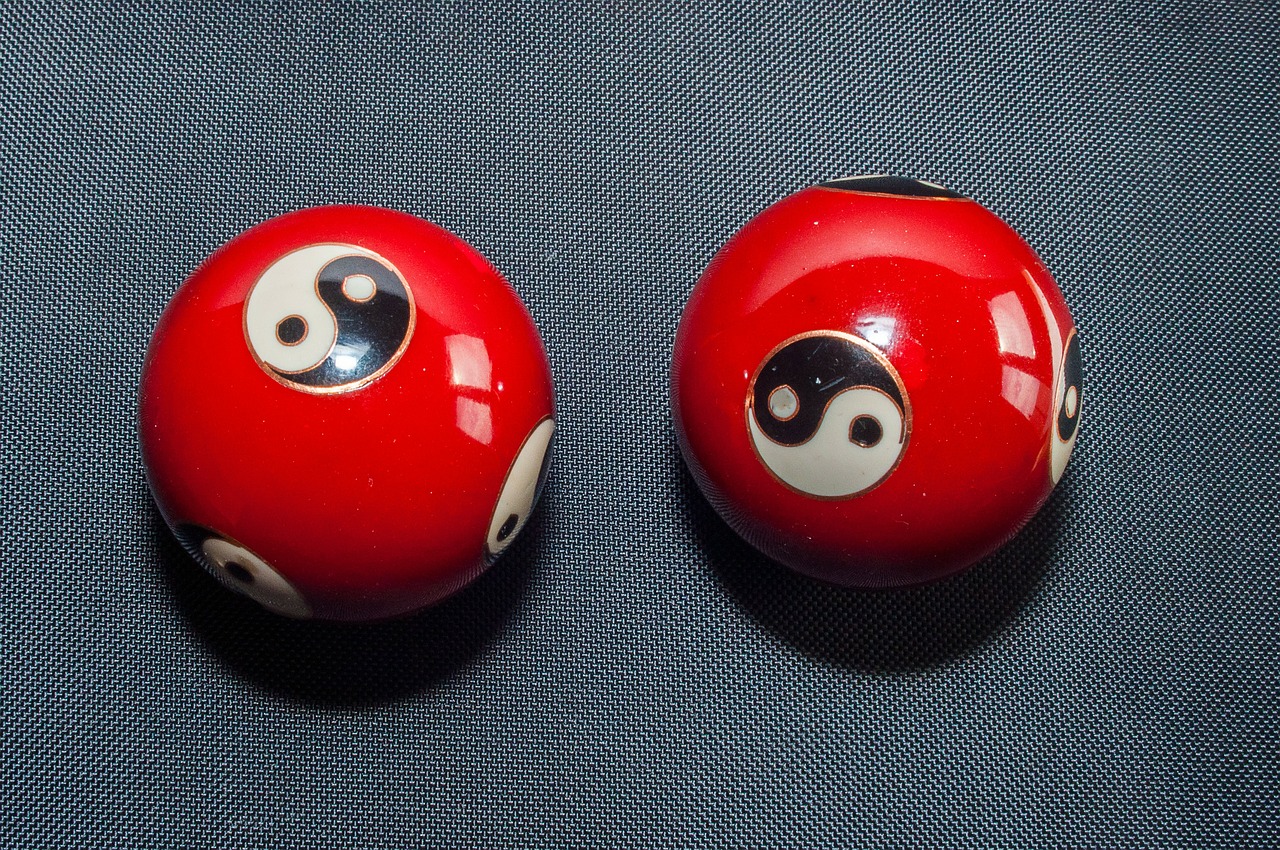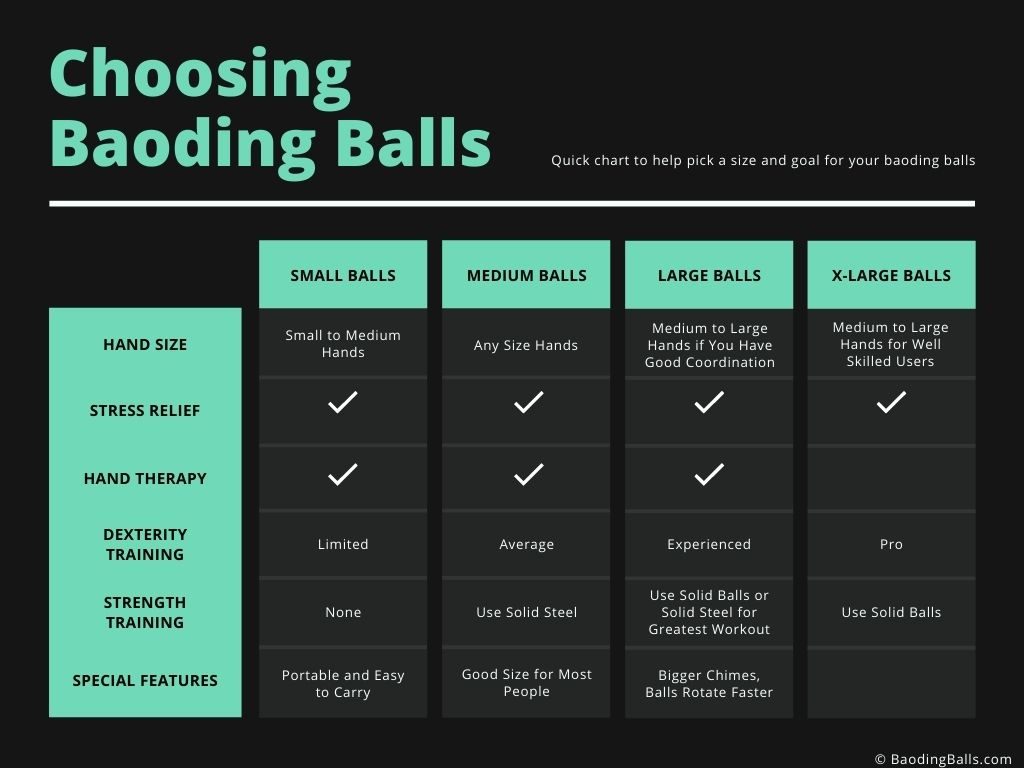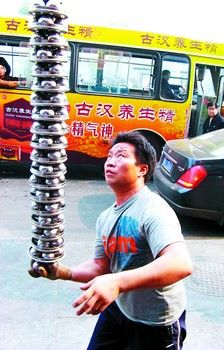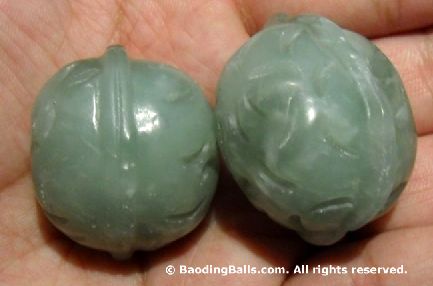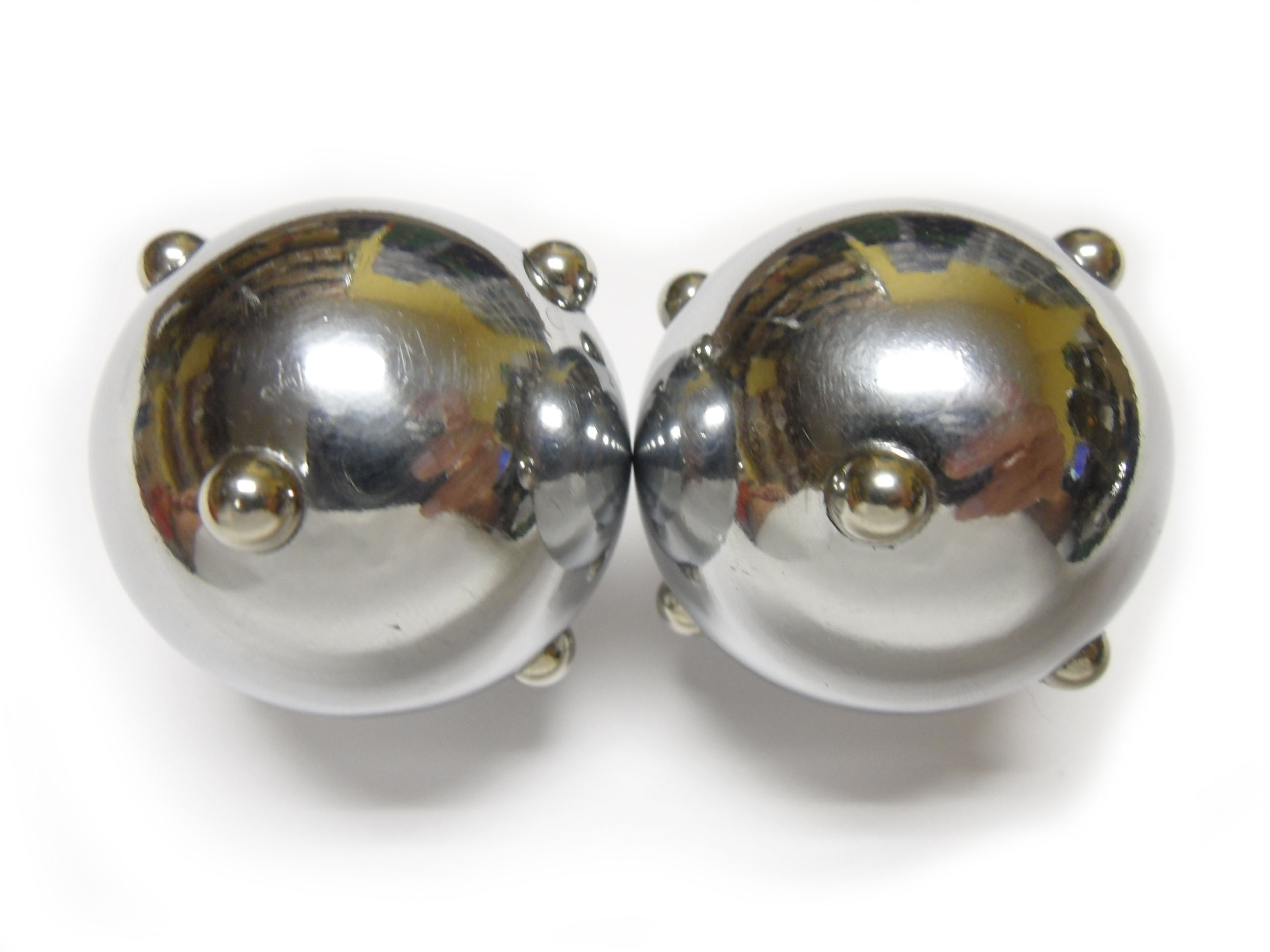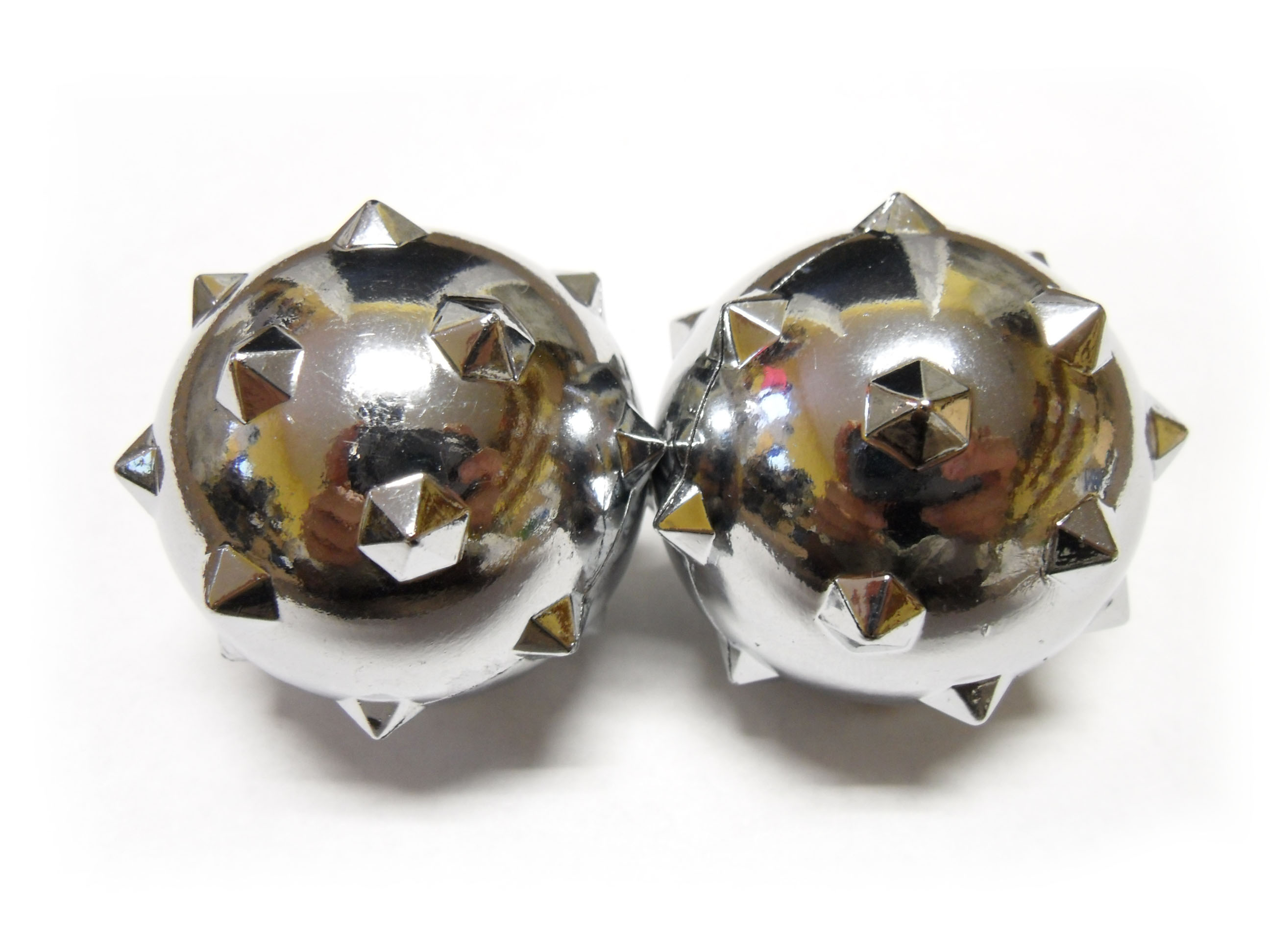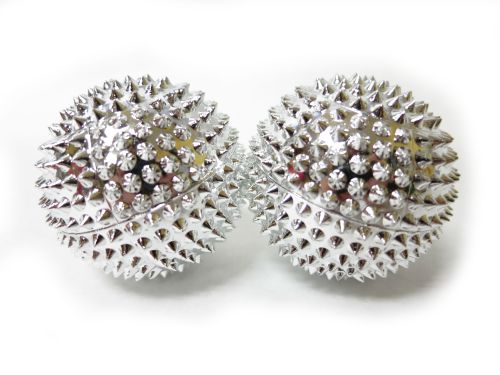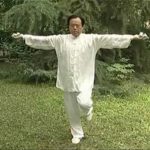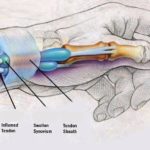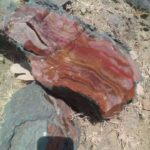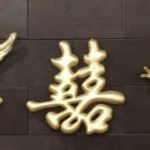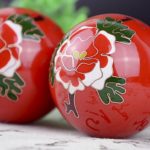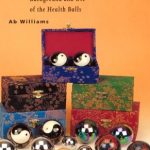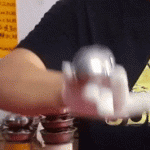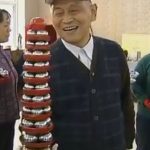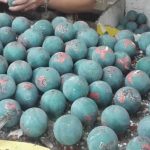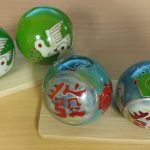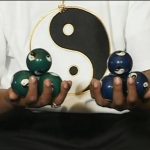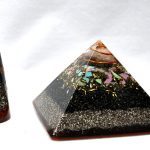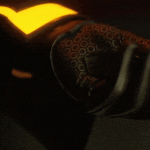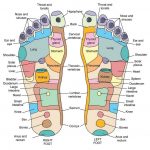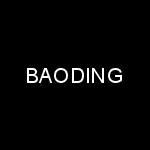To understand how Baoding Balls keep the body healthy, a person would need to have some understanding of the Yin and Yang philosophy. The Yin and Yang are symbols of two forces kept in balance by the flow of your internal energy. This energy is your Qi (“chi”) which is the energy of life that guides and controls everything.
Yin and Yang are best compared to as active and passive principles. The Yin represents the passive, dark, cold, and negative aspects. The Yang represents the active, bright, warm and positive aspects. They are on opposite poles in conflict with each other but always connected to each other. A metaphor would be the Sun to the Moon and Light to Dark.
In a healthy and balanced person, the Yin and Yang energy interact in harmony so that a person’s emotions, body, spirit, and mind are all in balance with each other. In Chinese medicine, when a person is unhealthy, it is believed that the person’s internal energy is imbalanced and requires specific treatment to correct it.
Chinese medicine practitioners believe that the body’s Qi (“chi”) flows through pathways known as meridians. There are 12 meridians in the body and each is related to a particular organ. For thousands of years, acupuncture doctors would use needles inserted into a person’s meridian to affect the flow of the internal energy. The acupuncture doctors have studied which organs are connected to Yin energy or to Yang energy and what points of the body they must stimulate to treat the condition. By the same theory, using pressure (Acupressure) can also stimulate the meridians through massage.
In your hand, there are several meridians and acupressure points connected to your organs. By using Baoding Balls in your hands, these points can be stimulated to affect the energy flow of your organs. To increase Yang energy, the balls should be rotated quickly to increase the temperature and in a clockwise direction. To increase Yin energy, they should be rotated slowly and in a counter-clockwise direction.
Using Baoding Balls in this way to affect the body’s energy has given them the name of Chinese Health Balls. However, practice with these balls has health benefits in addition to balancing the flow of Qi. Regular use of the health balls will improve and stimulate the circulation of the fingers. The exercise will also strengthen the muscles of your hands and fingers.
If you are suffering from the symptoms of carpal tunnel syndrome or feel the onset of the condition, using baoding balls can help manage your condition. Rotating the balls will stretch out the tendons and warm up the hands and wrist. Regularly performing short warming up exercises for the wrist before engaging in activities with intensive or long periods of wrist activity can prevent and avoid the symptoms of carpal tunnel syndrome.

